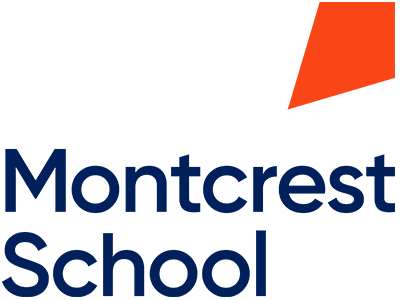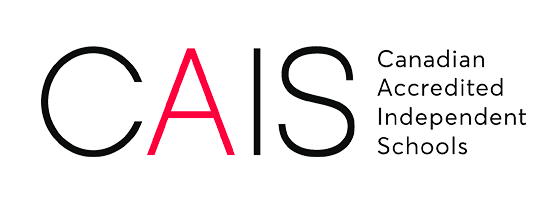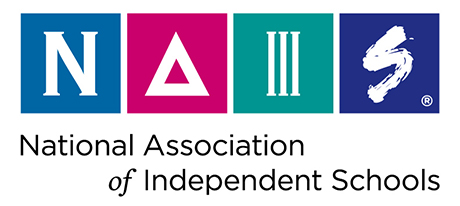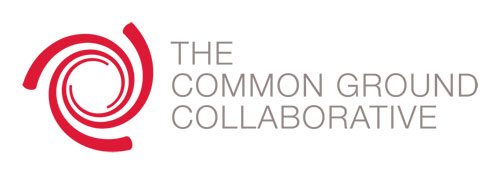Phase 4: Decision Making Process
Step 4: Decision Making Process
It is becoming increasingly popular among independent schools to offer special days ahead of the February offer date. Although these special days have been established to provide parents and students an opportunity to experience “A day in the life” of a school, it also gives the schools another opportunity to see how a student might integrate into the school community. These special days might be an evening event or an opportunity for a student to visit and experience classes during a typical school day. When families attend such events, they need to be aware that the admissions departments will often debrief how the day went with both teachers and students. However, it also provides families the opportunity to determine if the school they are applying to is a good fit for their child.
Many independent and private schools attempt to give preference to families if a sibling already attends the school; however, this preference only becomes a factor once it has been decided that a student is the right fit for the school. Furthermore, when families have a legacy at an independent school because a parent or grandparent is an alumnus, this also becomes a factor once the student has passed the admissions process. Therefore, families should not rely on these factors to influence the decision-making process.
Independent and private schools handle the admissions process in two distinct ways:
- The first process is called rolling admissions. This is when the school makes an offer when your child has met all the admission requirements and the application process has been successful. These offers can happen at any point during the year, and some families like knowing sooner rather than waiting to hear.
- The second process is when a group of independent schools have a communal offer date; for example, this year it will be on February 26, 2021. When this is the case, offers are often made before the start of the school day. Families are given five days to make a decision as to whether they will accept or pass on an offer.
All decisions and offers to specialized programs within the TDSB are made by mid-February, or approximately a week before the communal offer date from most independent schools.
Since the communal offer date is a significant one, families should understand the different school’s acceptance rates (These acceptance rates may not accurately reflect the current rate) for entry years in order to prepare and discuss a variety of different possibilities that could take place on this date.
For example:
What would families do if they receive multiple offers?
- Parents and children should have already ranked the schools that they would prefer to attend. This will simplify the decision-making process and will allow families to accept the offer and provide the initial deposit to hold the child’s spot within the five-day period.
What would families do if they receive a single offer?
- Parents will need to accept the offer and provide the initial deposit to hold the child’s spot within the five-day period.
What would families do if they do not receive an offer and are told they are on a waiting list?
- Parents will need to decide if their child will attend a TDSB high school, attend a school with rolling admissions where they have already been accepted, or contact Montcrest to learn about next steps.
The offer date is a stressful and complex one for both families and schools. It has become common practice by admissions departments to place students on a “waiting list” instead of saying no. This is because schools are waiting on acceptances from families where an offer was made, and often more offers are made than there are spots available. This is due to the fact that not everyone who was made an offer will decide to come to their school. Therefore, it is important that students already know they are already enrolled in a public high school or in a school that has a rolling admissions policy ahead of this communal offer date.
If families have decided to accept an offer from a specialized public school program, private, or independent school, you should then call your local high school and ensure you have unenrolled your child for the next school year.
Once students know where they are going to high school it is critical that they finish the year off strong. The last few months are as important as the first part of the year in preparing students for Grade 9, especially considering that most offers are conditional on students maintaining an acceptable level of conduct throughout the remainder of the school year.
We hope you have found this guide helpful in preparing you for the transition process. If you have any questions, please do not hesitate to contact us.





